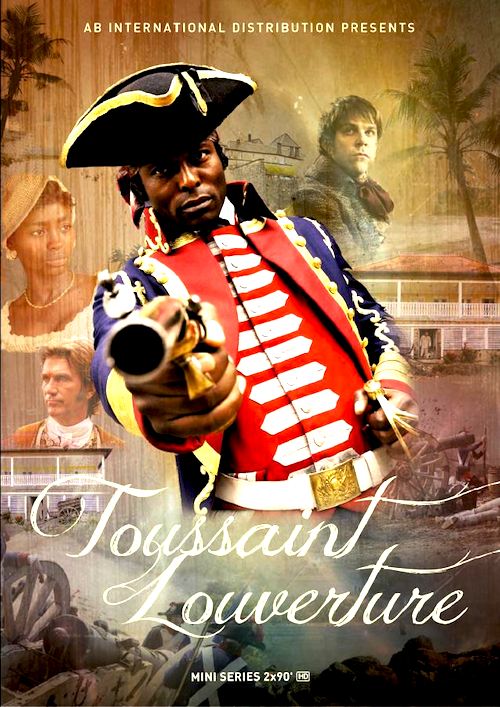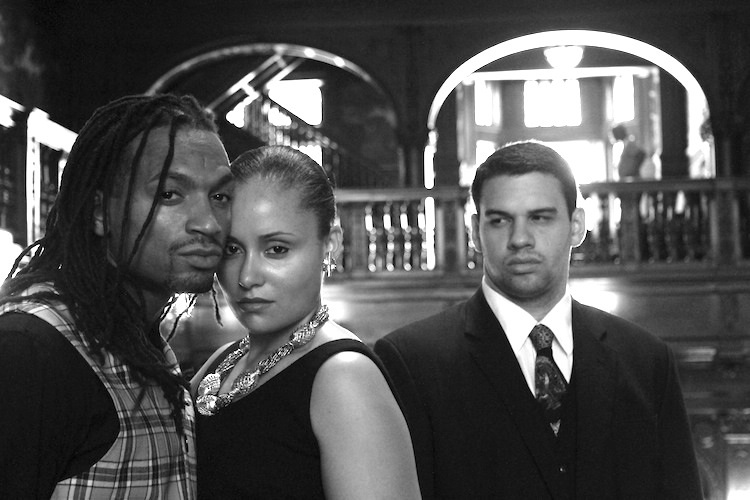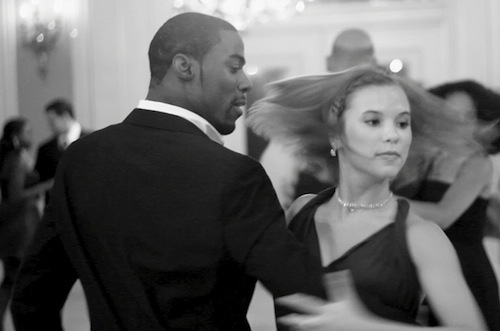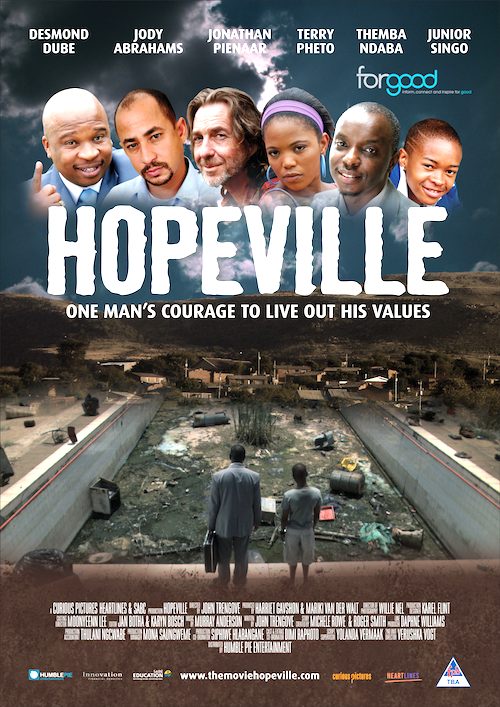 By Joe Bendel. Toussaint Louverture was a freed slave, an abolitionist, and a onetime slave-owning plantation master. He led an epic life dramatized in all its messy glory throughout Philippe Niang’s two part French miniseries, Toussaint Louverture (trailer here), which screens in its entirety as the centerpiece selection of the 2012 African Diaspora International Film Festival in New York.
By Joe Bendel. Toussaint Louverture was a freed slave, an abolitionist, and a onetime slave-owning plantation master. He led an epic life dramatized in all its messy glory throughout Philippe Niang’s two part French miniseries, Toussaint Louverture (trailer here), which screens in its entirety as the centerpiece selection of the 2012 African Diaspora International Film Festival in New York.
Told in flashbacks, viewers know right from the start that Napoleon will eventually have his fill of Louverture, consigning him to prison, where his lackeys interrogate the Haitian general for the whereabouts of an apocryphal buried treasure. In a way, Louverture was lucky to be there. Having watched a cruel slaver murder his father, the young Louverture would have been next had Bayon, a more humane plantation holder, not interceded (evidently, this scene involves some dramatic license, but so be it). Recognizing the boy’s talents, Bayon somewhat reluctantly teaches Louverture to read and even grants him his freedom as a young man. The evolving, cliché-defying relationship between the two men is one of the strongest elements of this bio-drama.
Eventually, Louverture takes arms, but again this is complicated. Serving as an officer first for the Spanish and then the French, Louverture fought against every European power in Haiti at one time or another. Although he is an abolitionist, Louverture strives to maintain strategic ties to the colonial landlords. The Louverture Niang shows the audience is not a class warrior. He wants to keep their capital in Haiti—he just doesn’t want to be considered part of it. However, this inevitably brings conflict with hotter heads intent on score-settling.
Indeed, the tragedy of Niang’s Louverture is the way cynical white, black, and mulatto Haitians exploit racial resentment to further their power games. It is also fascinating to see how the chaos of the French Revolution shaped events a hemisphere away. However, given Louverture’s reputation as one of history’s great revolutionaries, many viewers will be surprised that there are no battle scenes in Niang’s production, just the anticipation and consequences of armed conflict.

Something of a throwback to the epic historical minis of the 1980’s, Louverture is sweeping, melodramatic, and ennobling in a very satisfying way. As one might expect, Jimmy Jean-Louis’s dynamic lead performance is the key. He is suitably intense, without allowing Louverture to degenerate into a fire-breathing revolutionary stereotype. Likewise, Philippe Caroit genuinely humanizes the French old guard as the decidedly un-Legree-ish Bayon.
A French television veteran, Niang’s tele-movie Prohibited Love (which screened at the 2010 ADIFF) also dealt with racial themes pointedly, but without wallowing in didacticism. Louverture is even better. In fact, it should appeal to audiences across the ideological spectrum, aside from any odd remaining Bonapartists out there. Appealingly old fashioned, Toussaint Louverture is a well produced period drama, recommended for history buffs and Francophone audiences when it screens next Saturday and Sunday (12/1 and 12/2) as the centerpiece of this year’s ADIFF.
LFM GRADE: A-
Posted on November 23rd, 2012 at 12:12pm.




